Diet makeover: 5 kg transformation in one week
Embarking on a journey to lose 5 kilograms in a week requires strategic changes to your diet. By focusing on key principles such as reducing carbohydrate intake, incorporating lean proteins, and emphasizing non-starchy vegetables, you can create a balanced approach to weight loss. This guide outlines practical steps, from staying hydrated to considering meal replacements, to help you achieve your short-term weight loss goals effectively and safely.
How to change your diet when you wish to lose 5 kg in a week
1. Reduce carbohydrate intake in your diet

- Studies have shown that adopting a low-carb diet is one of the fastest ways to lose weight. If you aim to shed nearly 5 kilograms in a week, you need to consume fewer high-carb foods.
- Many types of foods contain carbohydrates. You just need to eat fewer foods that are primarily high in carbohydrates, such as cereals, bread, pastries, rice, noodles, and other grains. Reducing these foods is not harmful to your health, as many of the nutrients they provide can be obtained from other sources.
- Dairy products, starchy vegetables, and fruits also contain carbohydrates.
- Consume these foods sparingly, but do not skip them altogether, as they offer valuable nutrients.
- Opt for cereals and non-starchy vegetables with a low glycemic index. For example, choose steel-cut oats or brown rice instead of the usual bread, cereals, and white rice. Include vegetables like cauliflower, broccoli, asparagus, cucumbers, mushrooms, etc.
2. Consume lean protein at every meal
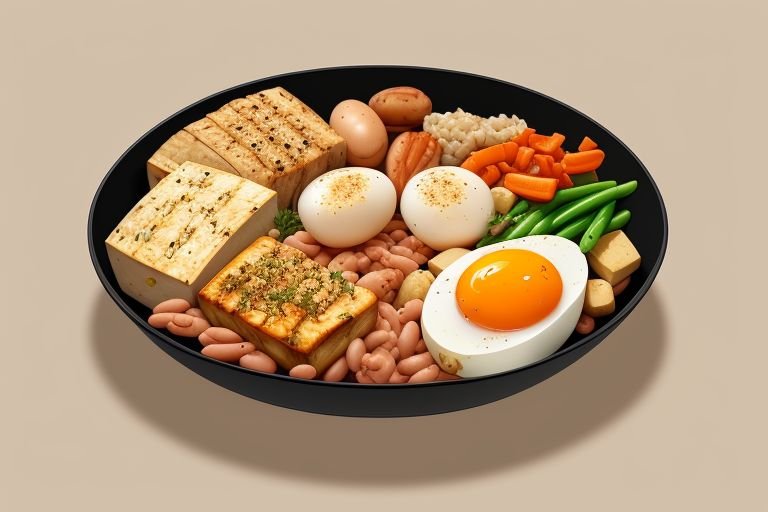
- In addition to adopting a low-carb diet, you should also include a moderate amount of lean protein. A high-protein and low-carb diet are good choices for rapid weight loss.
- Choose lean protein sources such as skinless poultry, eggs, lean beef, seafood, beans, and tofu.
- Include a serving of protein in every meal and snack to meet the recommended daily intake of experts. A serving of protein is about 90-120 grams, or the size of a checkbook.
- Protein keeps you feeling full for longer, helps control hunger and appetite, and is beneficial for weight loss.
3. Fill half of your plate in your diet with non-starchy vegetables
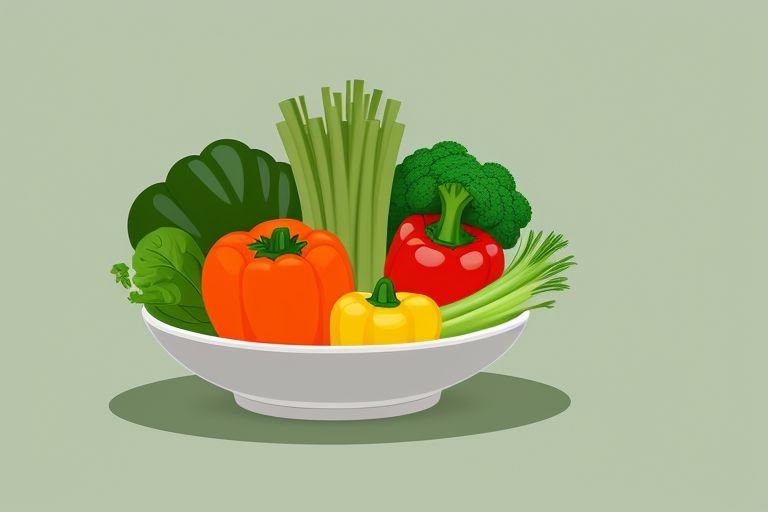
- For a balanced diet, fill the remaining half of the plate mostly with vegetables and a small amount of fruit. These low-calorie foods provide the body with many important nutrients. However, choose non-starchy vegetables to control your calorie intake and keep your blood sugar stable.
- The USDA recommends that vegetables and fruits should make up half of the plate. Even if you’re losing weight, this amount is acceptable in most diets, but fruits are high in carbohydrates and sugars and should be eaten sparingly.
- Eat at least one serving of vegetables at each meal. A serving is about 1-2 cups of leafy greens.
- If you want to eat fruit, choose 1⁄2 cup of diced fruit or a small slice. Fruits and vegetables are low in calories, helping to reduce overall calorie intake and aiding in weight loss.
4. Drink plenty of water
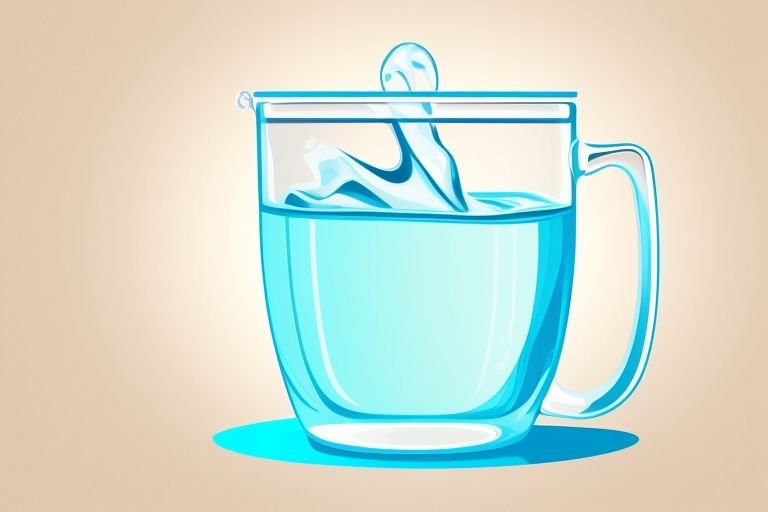
- Drinking water is helpful for weight loss, but everyone must drink plenty of water regardless of whether they are trying to lose weight or not.
- Most health experts recommend drinking at least 2,000 ml of water a day, but this is only a rough estimate. Some experts even recommend drinking up to 3000 ml of water a day!
- Choose fluids that hydrate your body and have no calories, such as water, flavored water, decaffeinated coffee, and tea (no milk or sugar added) in your diet.
- When your body starts to become slightly dehydrated, it sends signals to your brain that resemble hunger, prompting you to eat a snack and consume more calories than your body needs. Drinking a glass or two of water before a meal can increase satiety and reduce the amount of food you eat.
5. Abstaining from alcohol in diet can help you lose weight

- Alcohol not only increases your calorie intake but also motivates you to eat more.
- Most people usually drink more than one serving at a time, and the calories they consume quickly add up.
- Quitting alcohol can help you lose weight faster and stick to your weight loss goals. After quitting drinking, you will also have more energy.
6. Reduce the caffeine intake from your diet
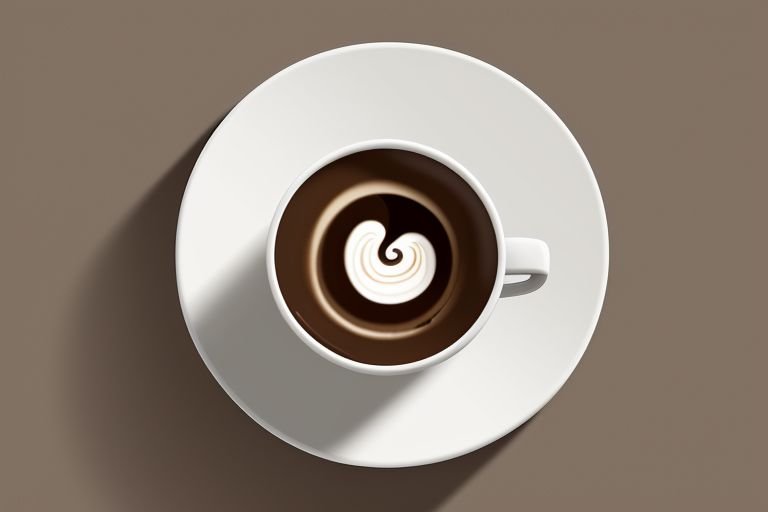
- Consuming a small amount of caffeine in your diet can briefly boost metabolism, reduce appetite, and aid in weight loss. However, caffeine can also cause jitteriness and has a diuretic effect, which can lead to dehydration.
- Additionally, caffeine sources such as coffee, tea, and chocolate often have milk and sugar added to them, increasing calorie intake.
- When drinking tea or coffee, do not add sugar or other sweeteners.
7. Drinking matcha or green tea helps with weight loss
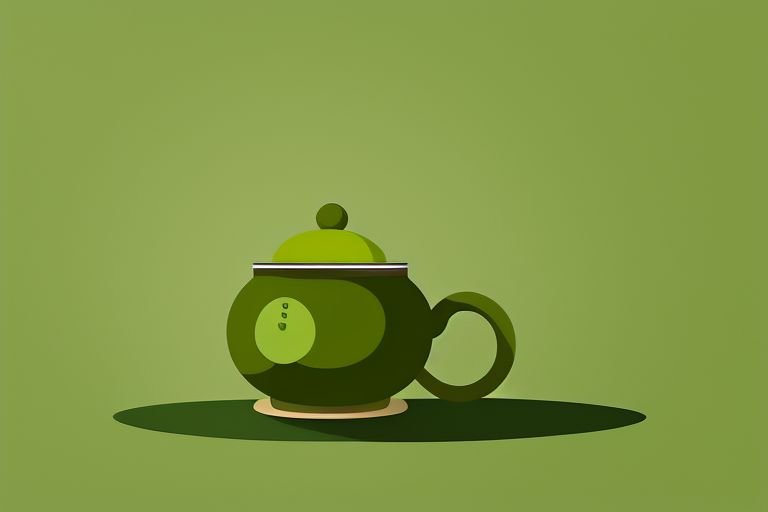
- Matcha and green tea are rich in antioxidants that aid in weight loss.
- Drinking matcha and green tea regularly can increase metabolism for a few hours after consumption.
- Avoid adding sweeteners or anything else to prevent increasing your calorie intake in your diet.
8. Eat your last meal of the day at least 4 hours before bedtime

- Skipping food or diet at night can help reduce your calorie intake, especially if you tend to snack a lot in the evening. While eating later doesn’t affect your metabolism or your body’s calorie utilization, it’s easy to unconsciously eat more at night.
- For example, you can decide not to eat after 7 p.m. Eating earlier has another benefit, as if you don’t eat for at least 12 hours from the evening to the next morning, you may be able to burn more fat.
- For instance, if you stop eating at 7 p.m. and eat breakfast after 7 a.m. the next morning, your body may convert stored fat into energy, promoting weight loss.
9. Consider meal replacements for convenience as your diet

- Most health professionals will tell you that losing 5 kg in a week is not safe or practical, but using a meal replacement bar or shake may help you get closer to that goal.
- For example, you can make your own meal replacement shake with a blender at home. Pour a handful of almonds, a carrot, a handful of spinach, a few slices of green apples, half a banana, 1 teaspoon of coconut oil, water, or almond milk into a blender and blend until smooth.
- Meal replacements are usually high in protein and low in calories, commonly found in the form of shakes and bars. They can replace meals because, like meals, they contain plenty of protein, carbohydrates, fiber, and other essential vitamins and minerals.
- Some clinics also offer meal replacement programs, usually more expensive but safer under the supervision of doctors and dietitians.
- Meal replacements should only be used as a short-term meal plan, with the low-calorie diet not lasting for more than 1-2 weeks.
Conclusion
In your pursuit of a 5-kilogram weight loss in a week, remember that sustainable changes lead to lasting results. Adopting a balanced diet, staying hydrated, and making mindful choices can contribute to both short-term success and long-term well-being. Prioritize your health, listen to your body, and celebrate every positive step on your journey to a healthier you.
Leave a Reply